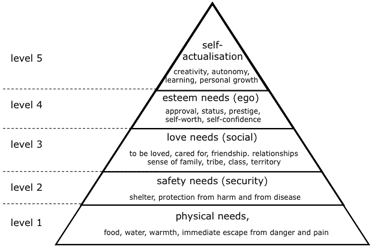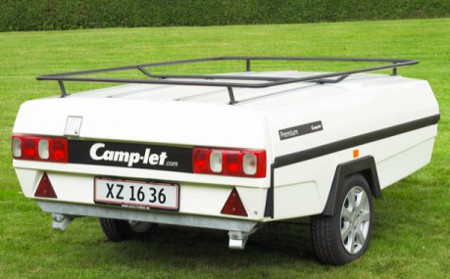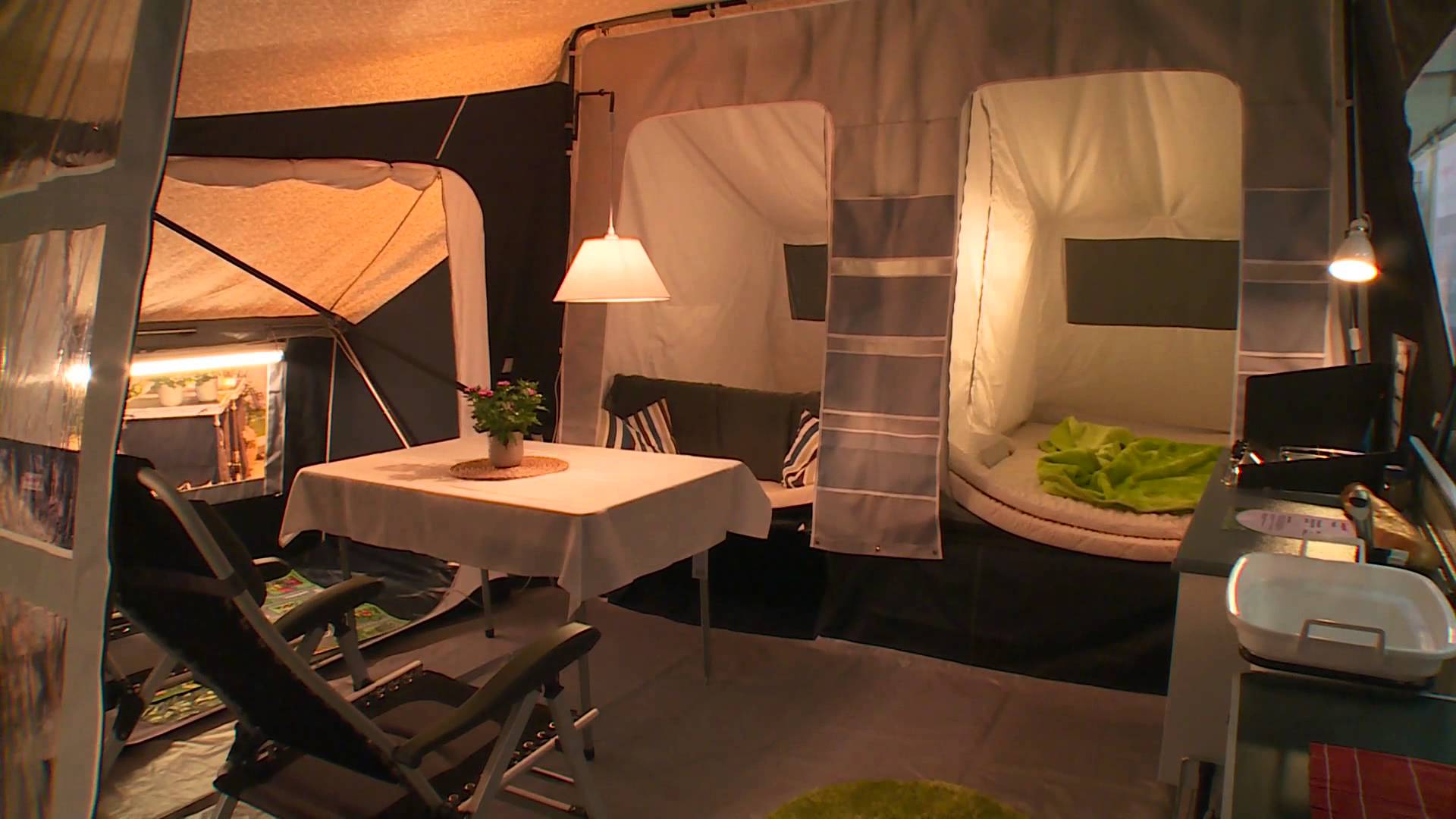Solar Panels. These are becoming more common and small, comparatively portable ones are most likely to be in homes. These would make electrical tools far more useful. Note that it may make sense to locate in a place that already has solar panels rather than try to move them. But if you are already in a place with solar panels (or windmills) and need more power... Locating near to windmills might be better. The solar panels are going to be easier to move than the typical industrial windmill. And the two different sources will complement each other. Windmills work in the rain while solar panels work without a breeze.
I'd also like to point out that for many resources, I'd prefer stores or warehouses to houses. For example, books, lumber and other construction materials, tools, seeds, and even fishing and hunting gear might more easily be found in stores. It's possible to find scrap metal in houses but wouldn't a junkyard or hardware store make more sense?
There are two kinds of things that makes sense to scavenge: consumables and rarities. Solar panels are an example of a rarity. Unless you find the factory, most regions are more likely to have panels in houses than a store. Consumables make sense to scavenge from houses because the grocery supplies will be consumed. It will take a long time to go through all the construction materials in the stores and warehouses. Most books will last a long time. Those kinds of common durables are more easily sourced in stores than houses.
Of course, it may be that there is some individual book that is not available in stores or libraries but is available in houses. For example, my mother would like to find a sixties era version of a particular cookbook. She has the newer version of the same one, but it dropped some useful information. It seems to have shifted a bit from basic ingredients to store bought preparations--the older version being more useful post-apocalypse. Can't buy in stores, as only the new version is available. The library may also have worn through its copy if it ever had one. Or the library had one but there are more cooks than that. They might scour an older neighborhood looking for cookbooks from the right era.
Clothing is right along the border. Initially easy to find in stores. May wear out enough to be useful from houses.
Firearms are available in stores and are durable. In the right region, you may be able to buy them in Walmart. Ammunition is a consumable. Source it anywhere you can: stores, police stations, army bases, and...houses.
Board Games. Just because no one else mentioned it.
Salt. Mentioned in a comment, but I wanted to reiterate that it has uses beyond flavoring food. In particular, salt used to be used as a preservative for meat.
Oddities
These are things that are durable but may not be common enough to be found in stores. You won't necessarily go to houses looking for them, but if you go to a lot of houses, you may find them.
Home Still. Others mentioned alcohol. It's possible to brew beer or distill moonshine at home. These sets will be more appropriately sized and operated than the kind that you'll find in a brewery or distillery.
Ice Cream Maker. Non-powered ones are rare enough that you may not find them in stores but they do exist and may be found in a house. Have a mountain nearby? Send a horse drawn cart up for ice in the summer.
Solar Dehydrator. Another thing that is rare enough to be hard to find in stores but that exists and may be found in a house. Dehydrating can preserve some kinds of fruits and vegetables.
Pig roast spit. These are rare enough not to be in stores and may be found in a house rather than a separate business. If you can't find a non-powered one, try for one that runs on diesel. It's possible to run diesel motors on things like vegetable oil or motor oil (unused).
Make your own ammo. Some people make their own ammunition. This requires special tools and is likely to be at home. A setup for making gunpowder would be invaluable.
Deer butchering tools. This tends to be done part-time out of a house. May be easier to use than more professional tools.
Taxidermy. In particular, tanning supplies. Not for use in taxidermy but for tanning leather to make clothing or footwear. More home taxidermists than tanners these days. May also have relevant and specialized books.
Strawberries and other perennials Some plants live for years and grow by sending out offshoots rather than seeds. Dig up the whole plant and take it dirt and all to where you need it. May also be available in nurseries but wouldn't sell as well as plants that need to be replaced annually.



